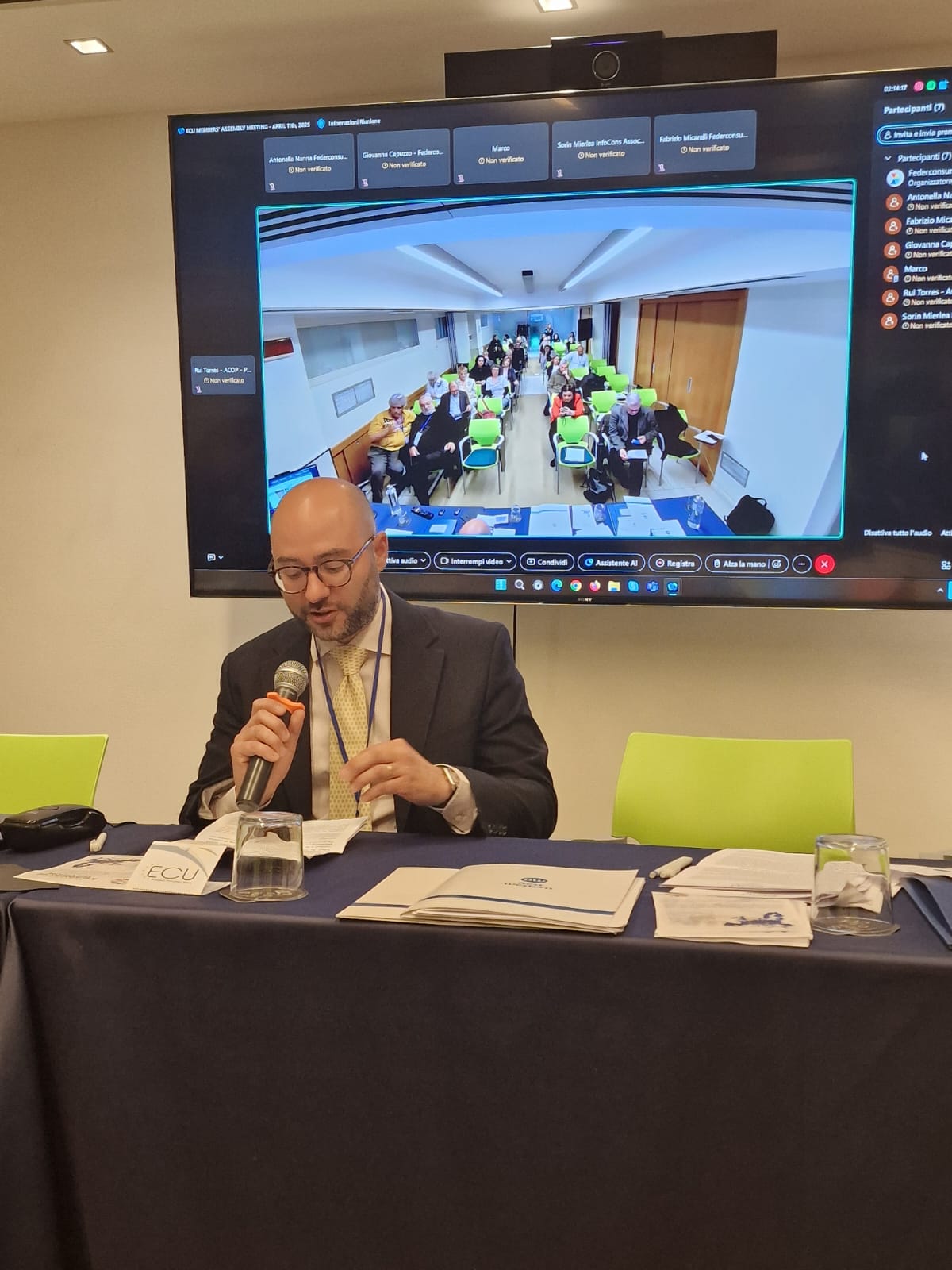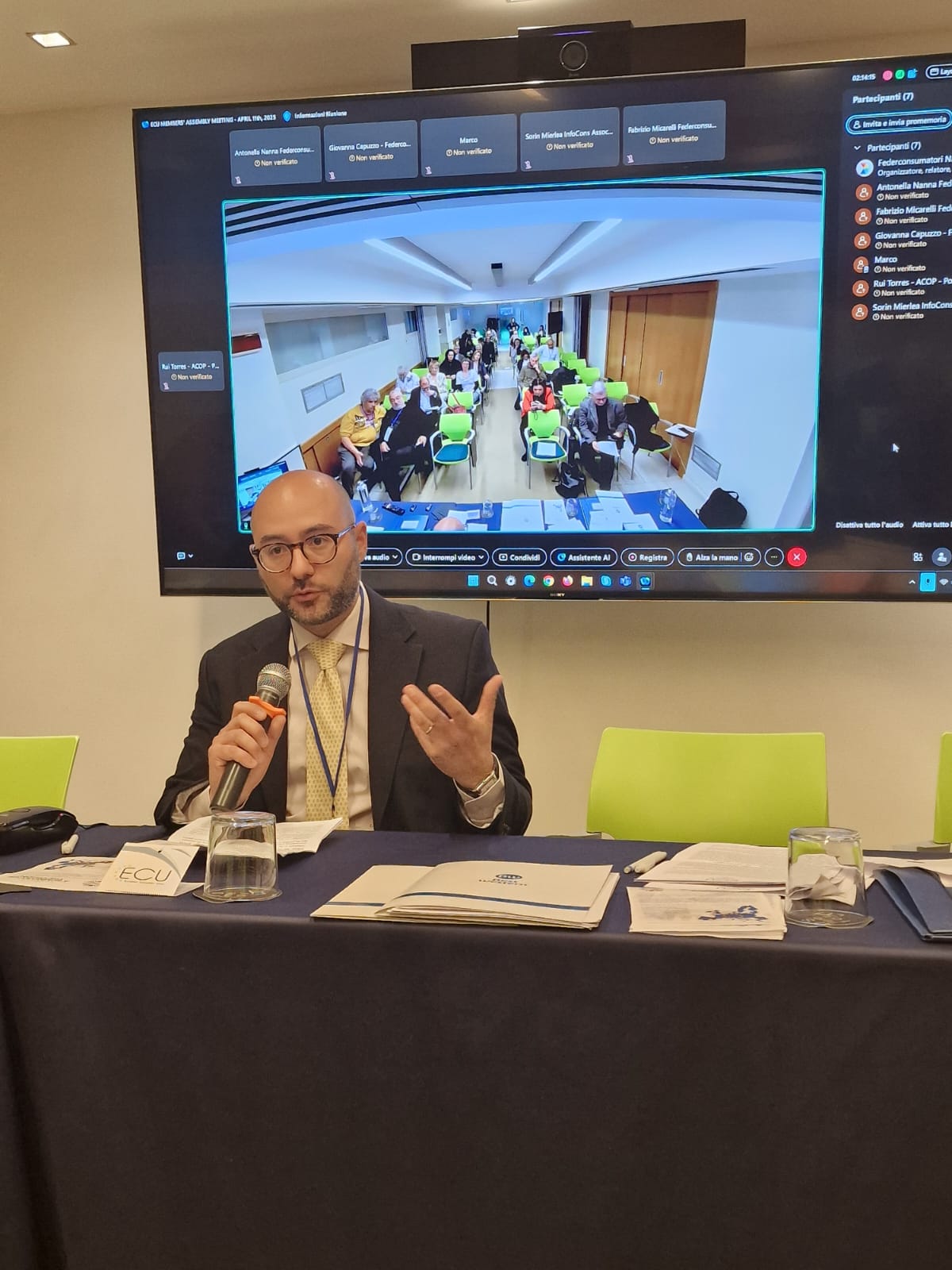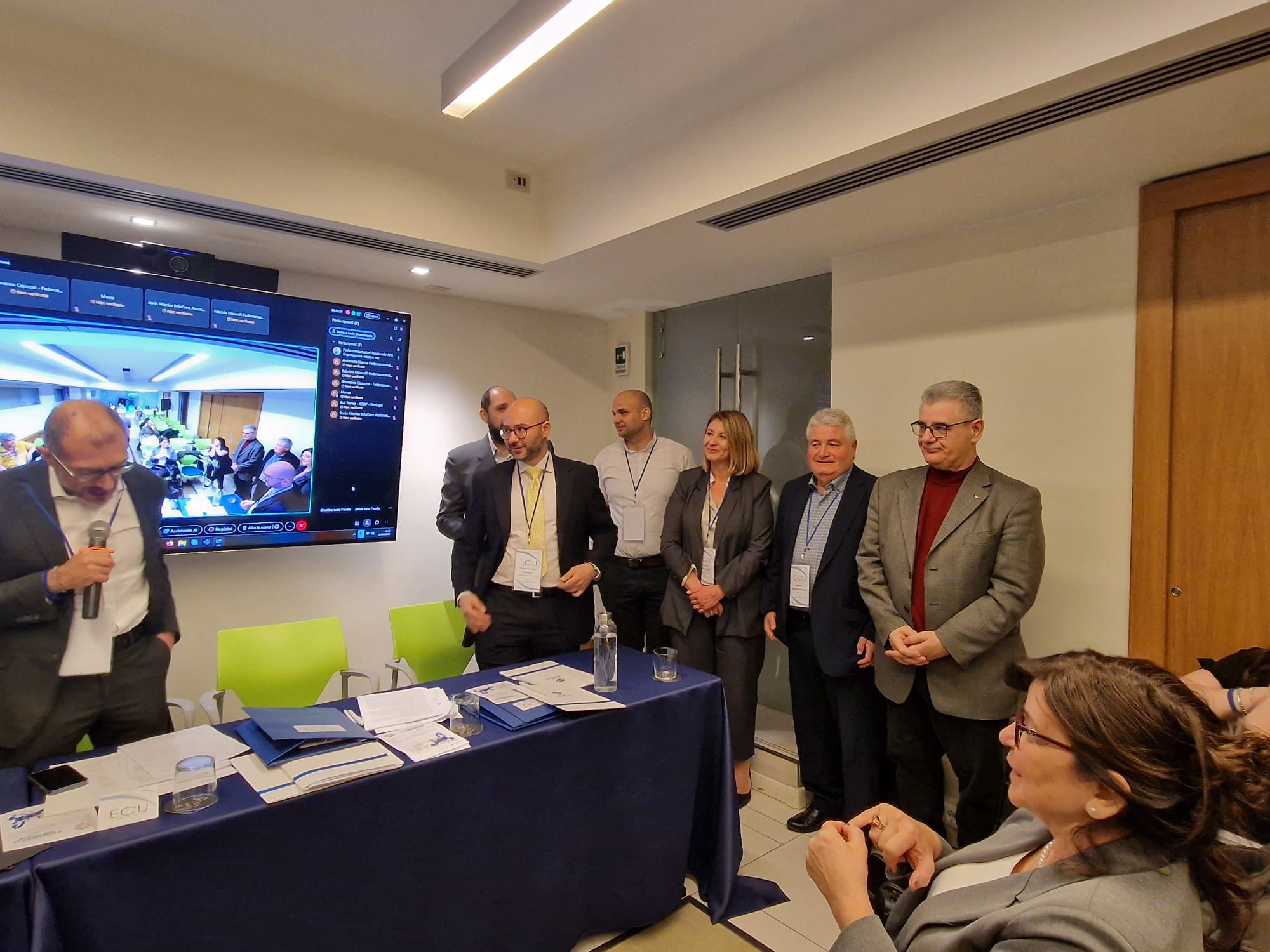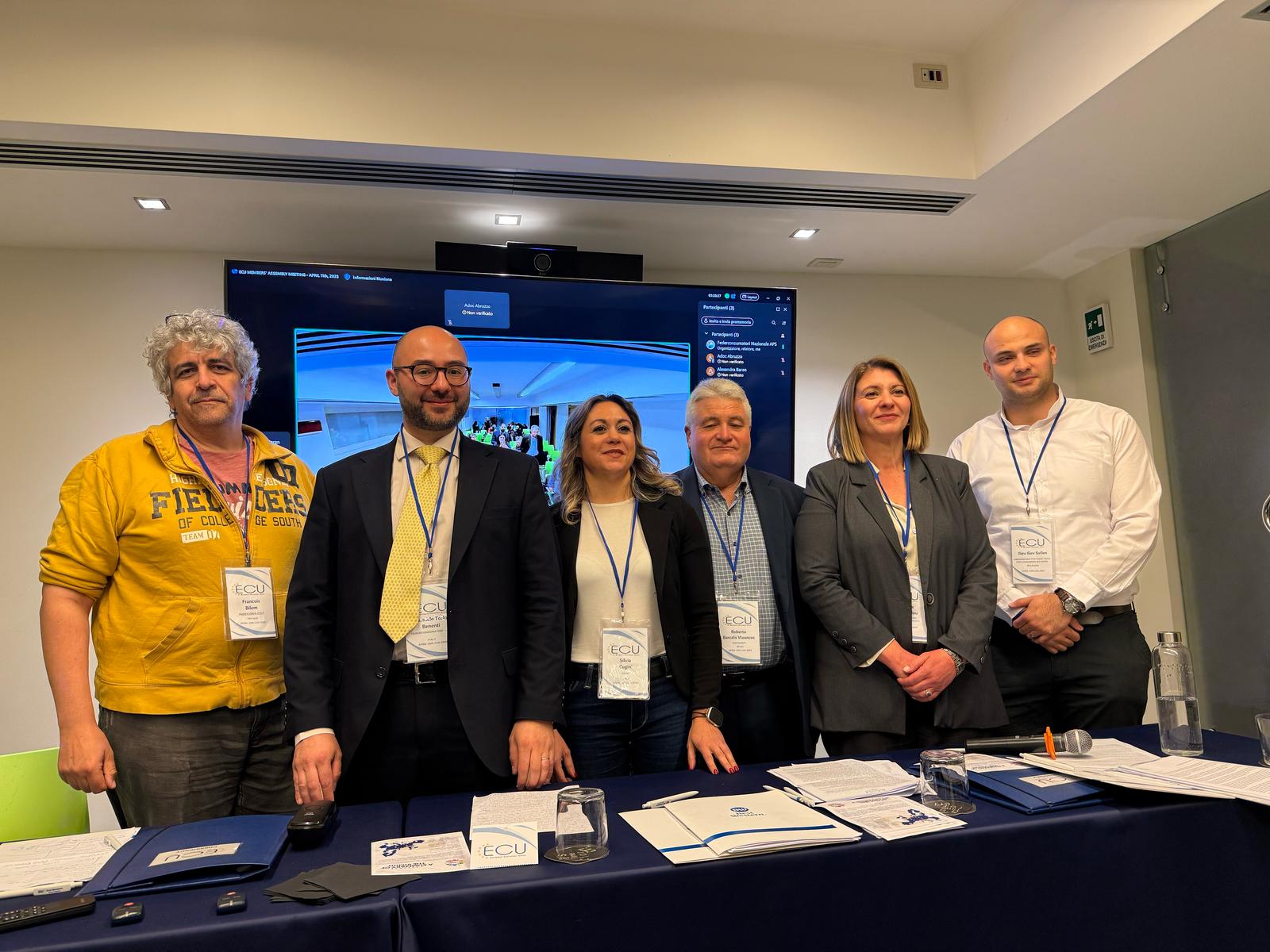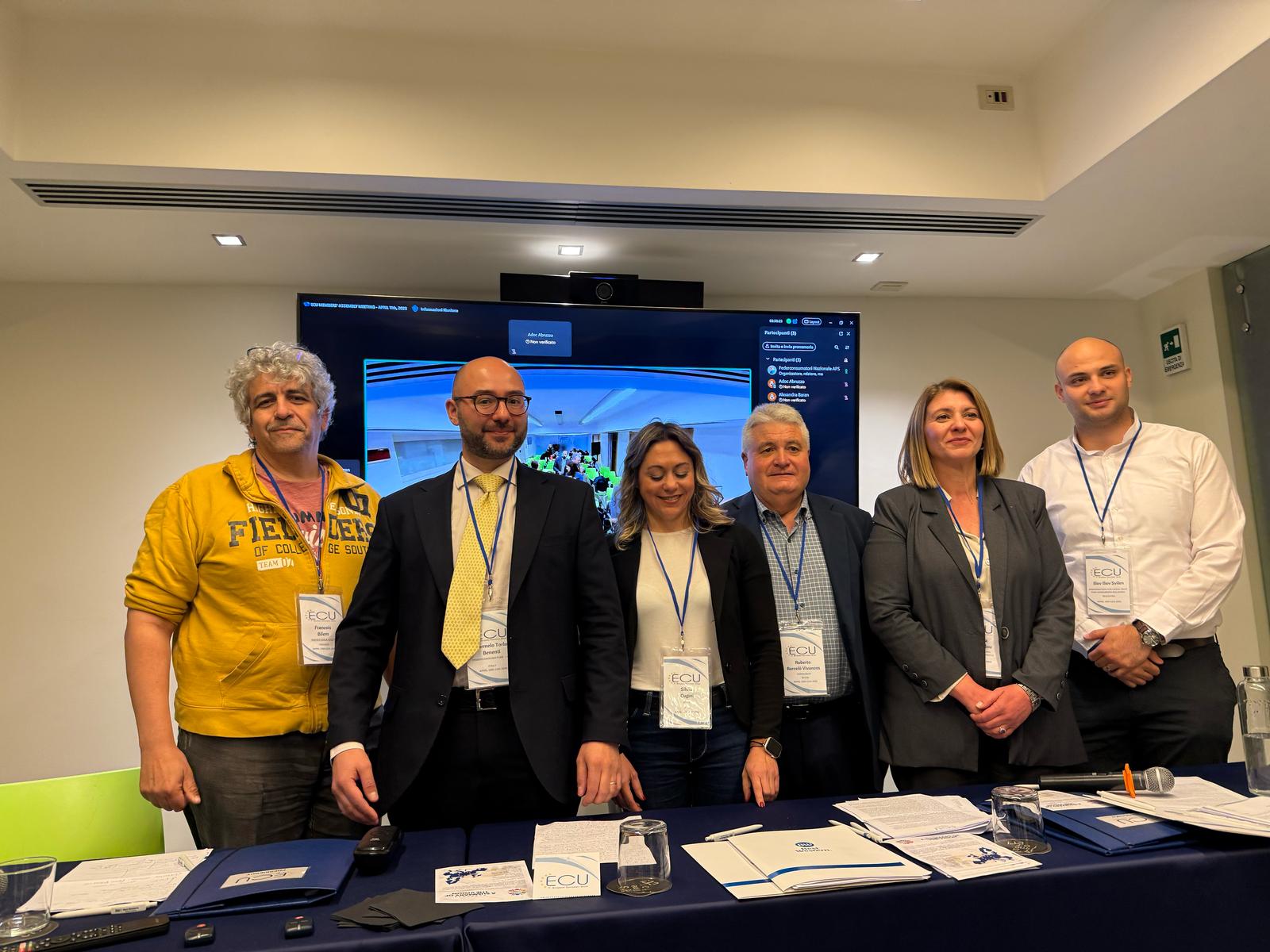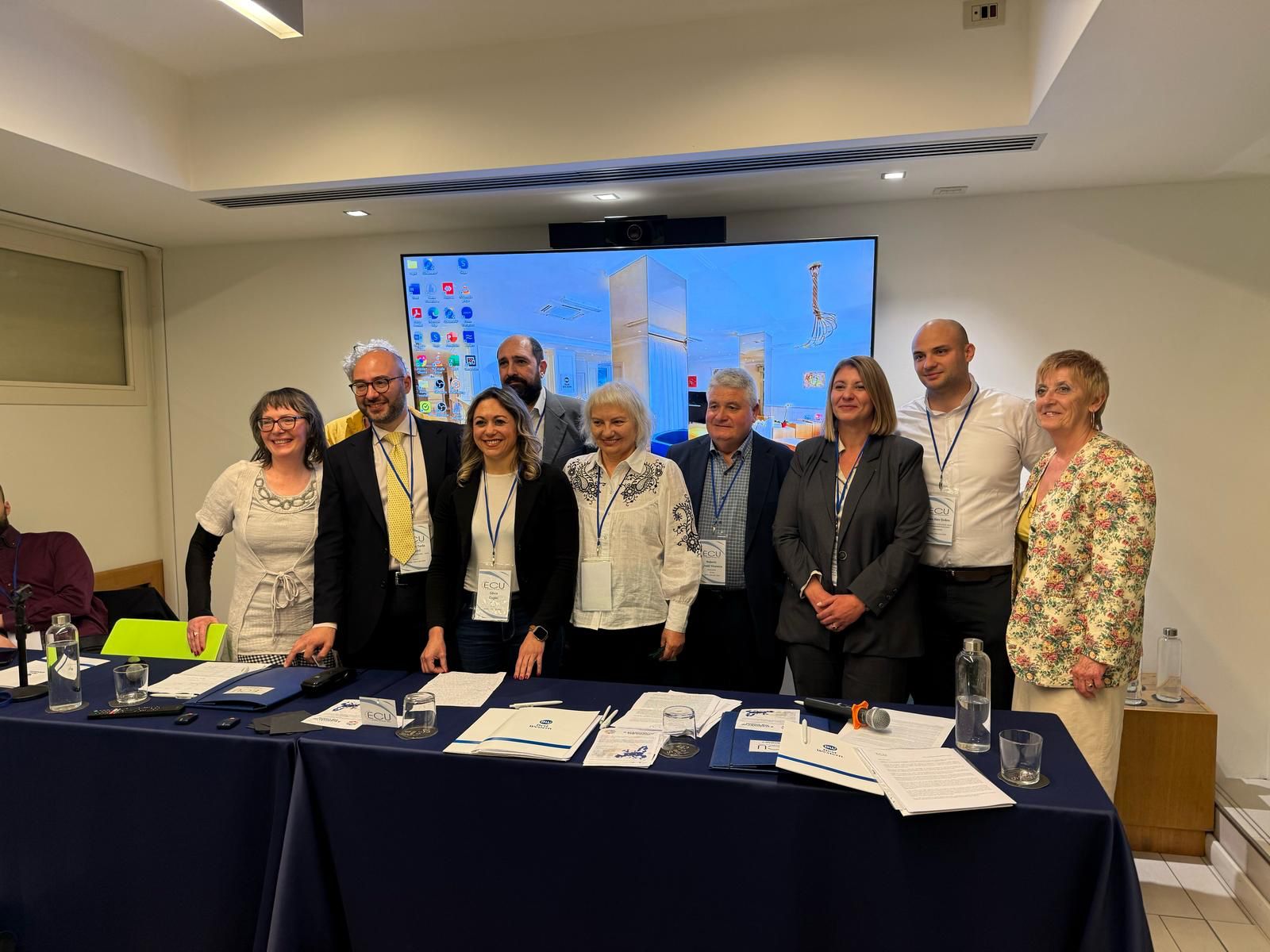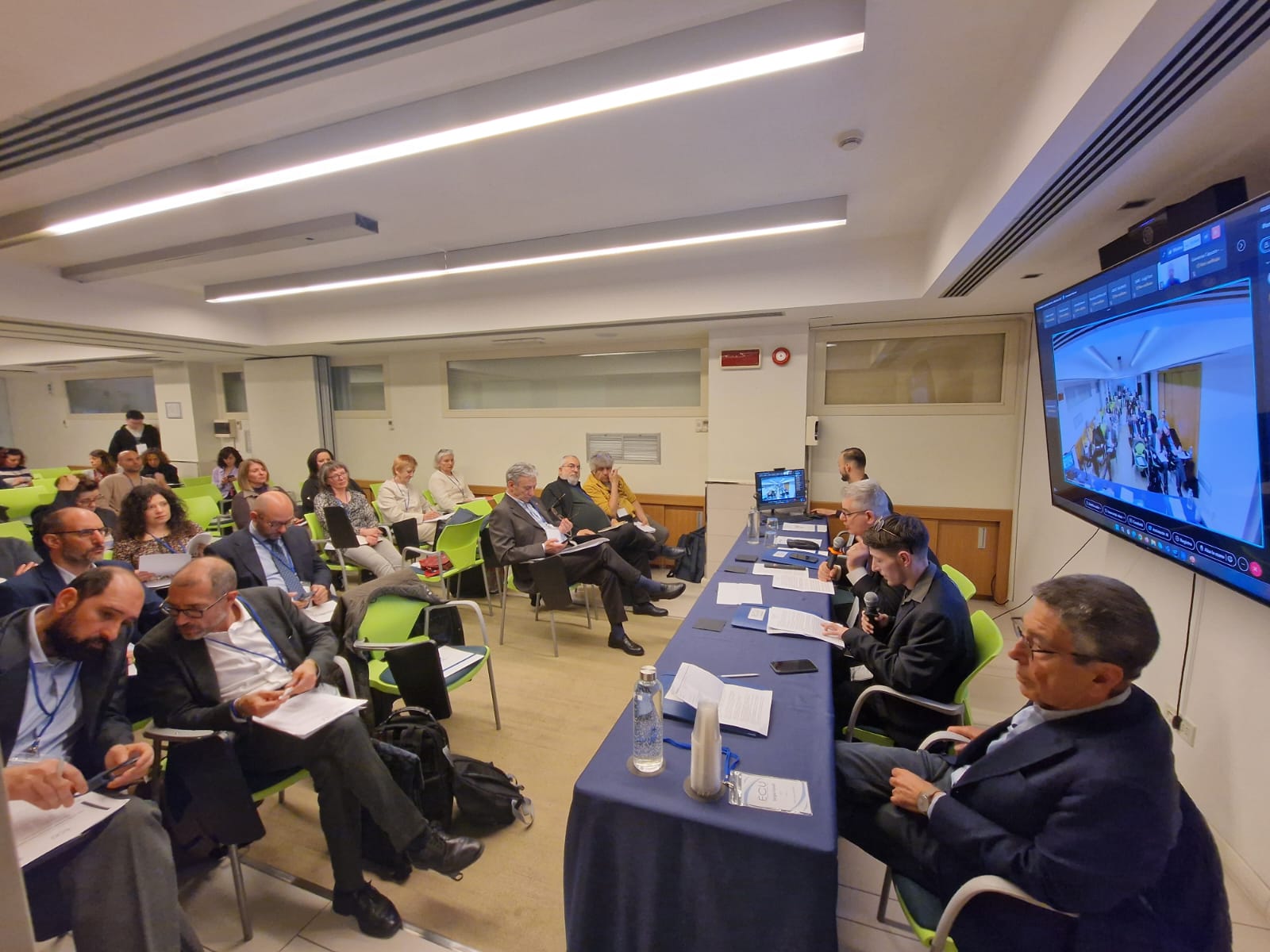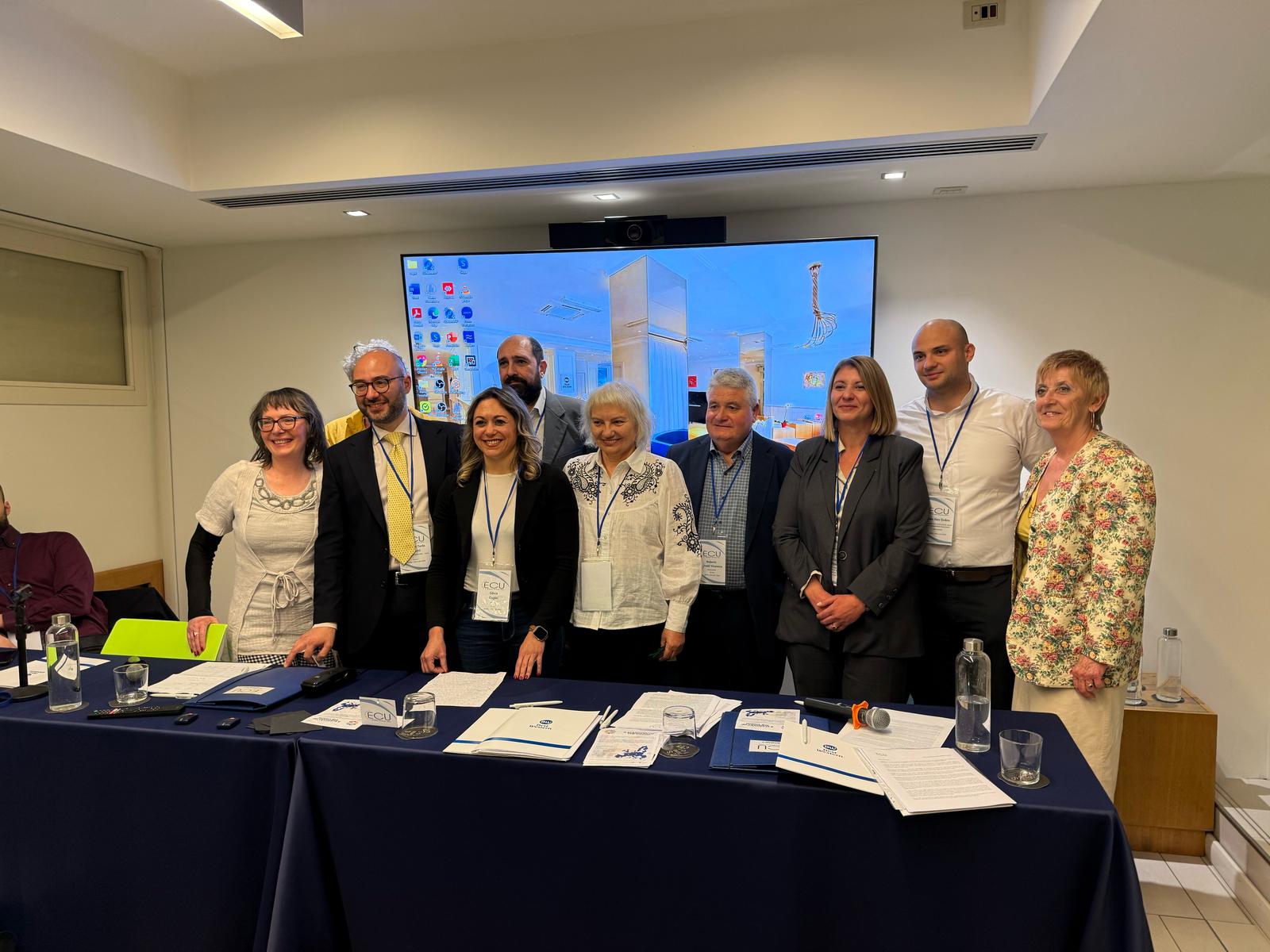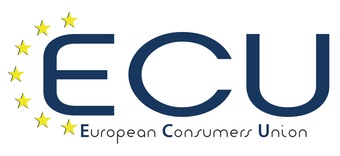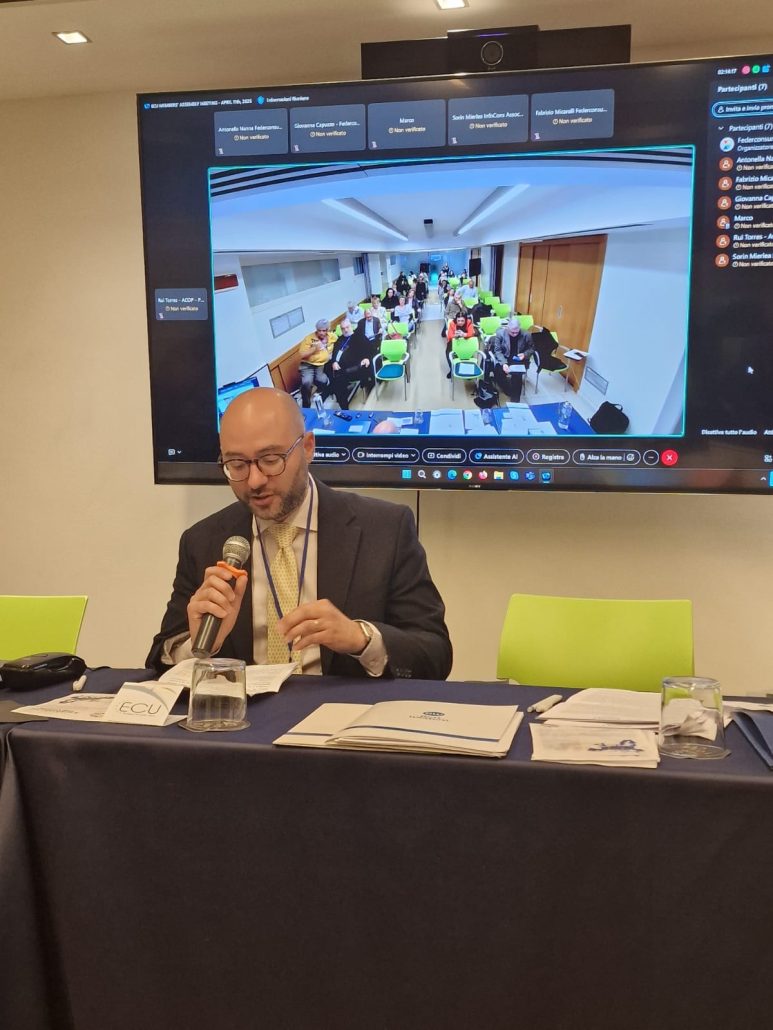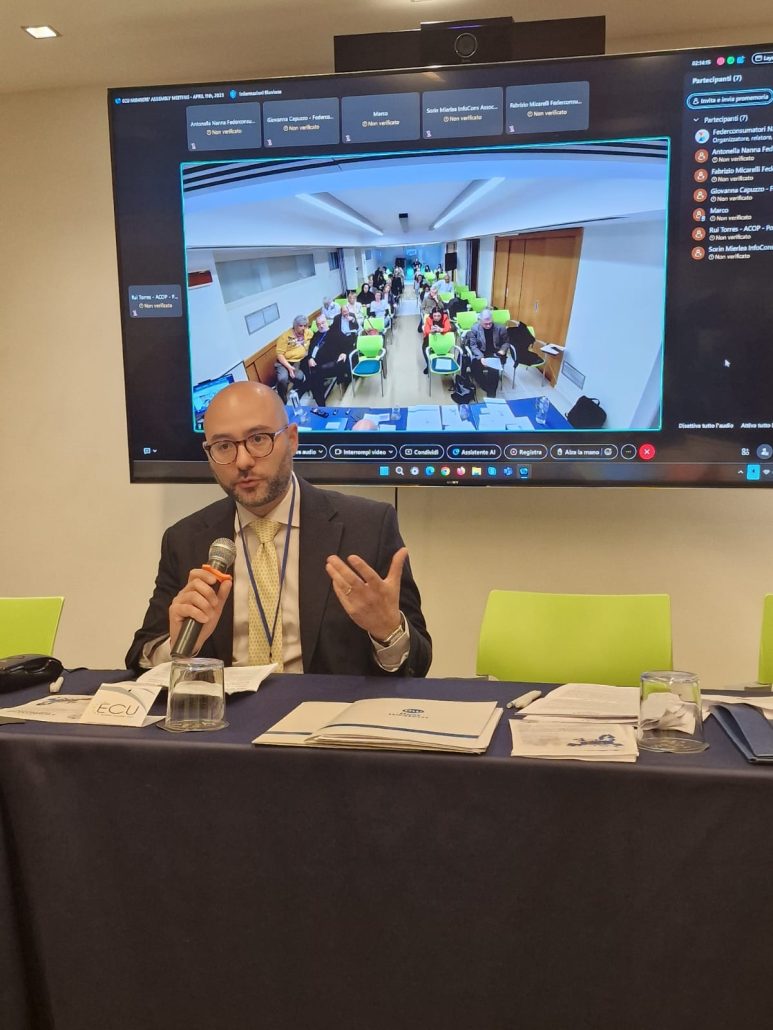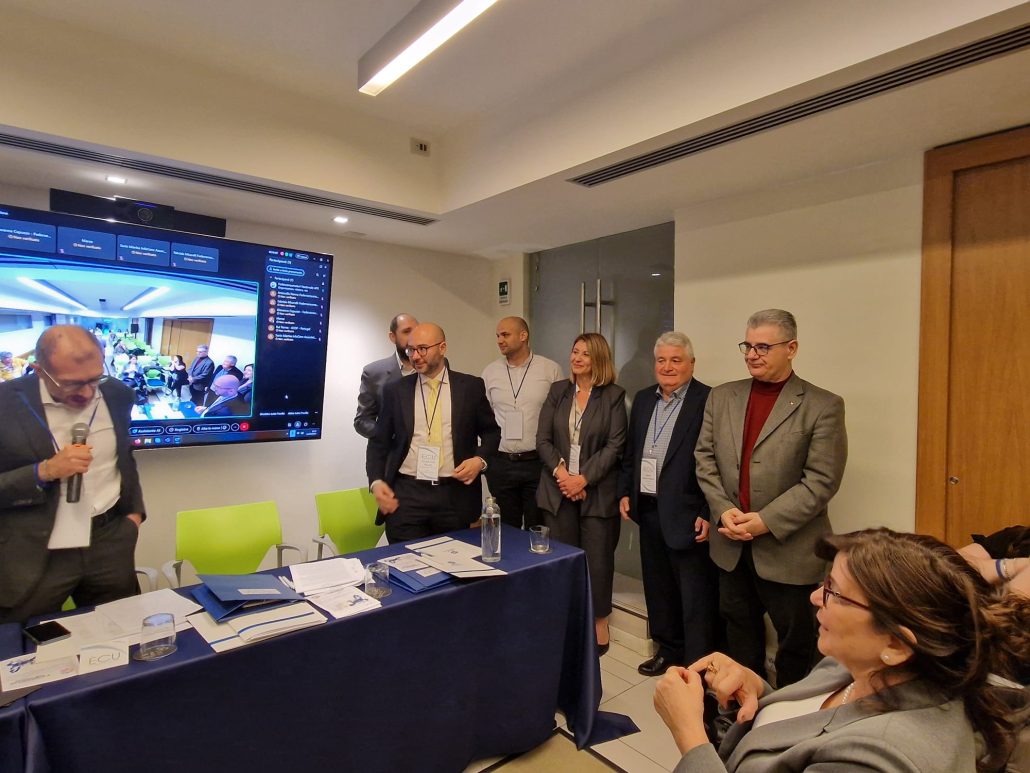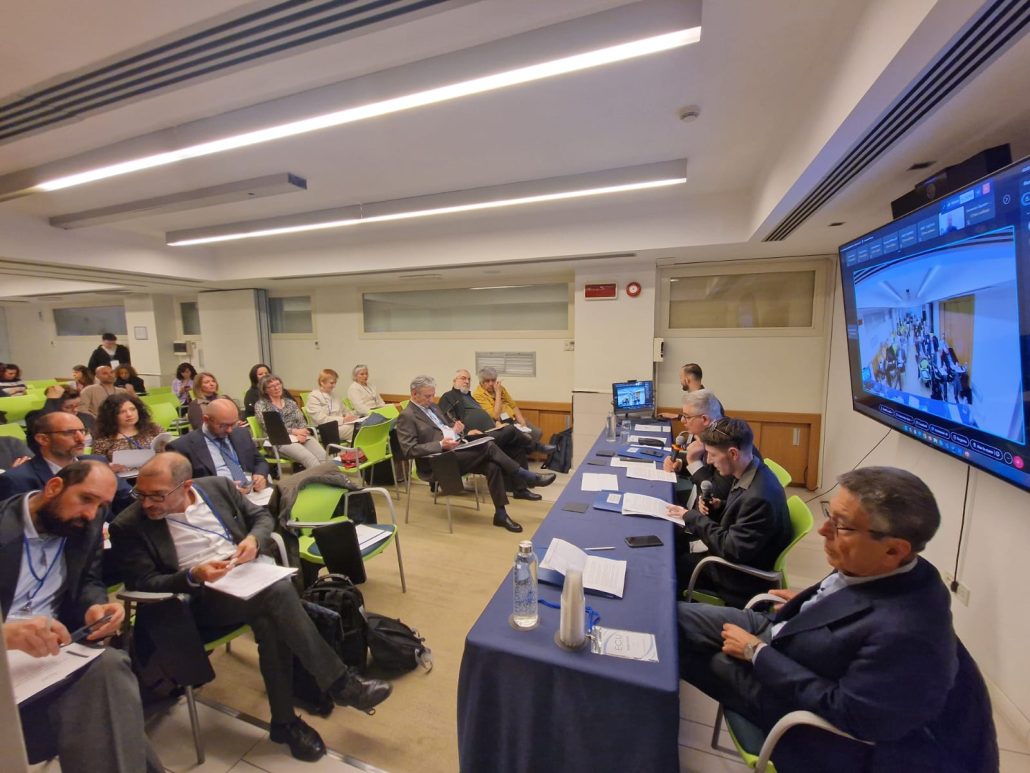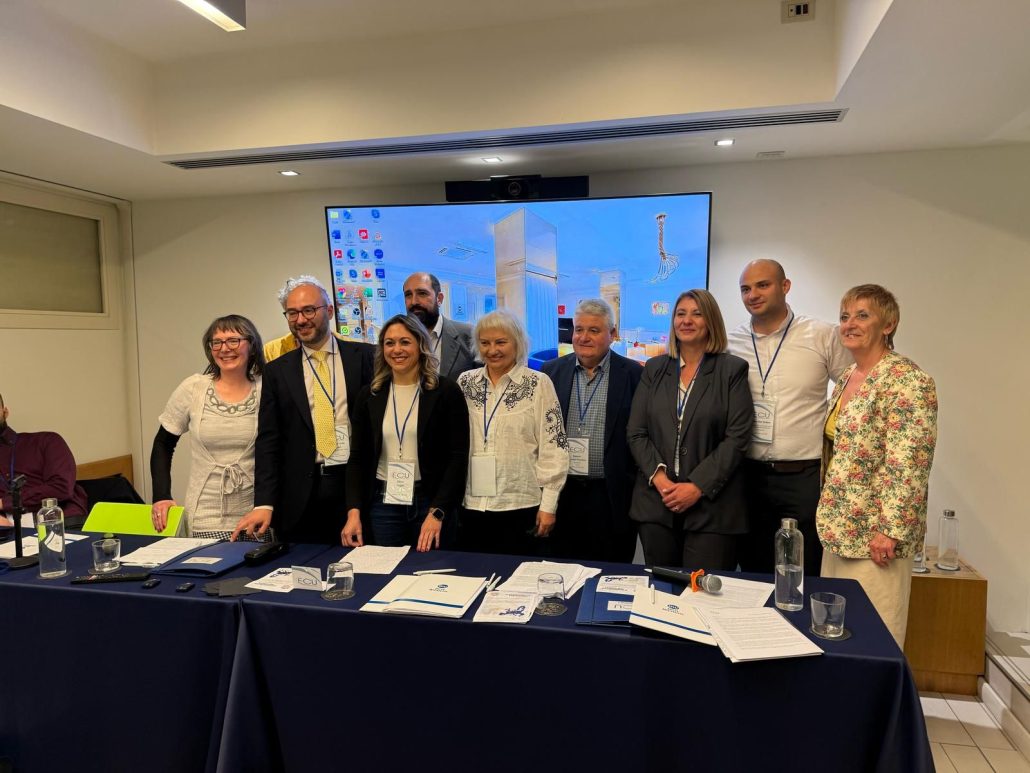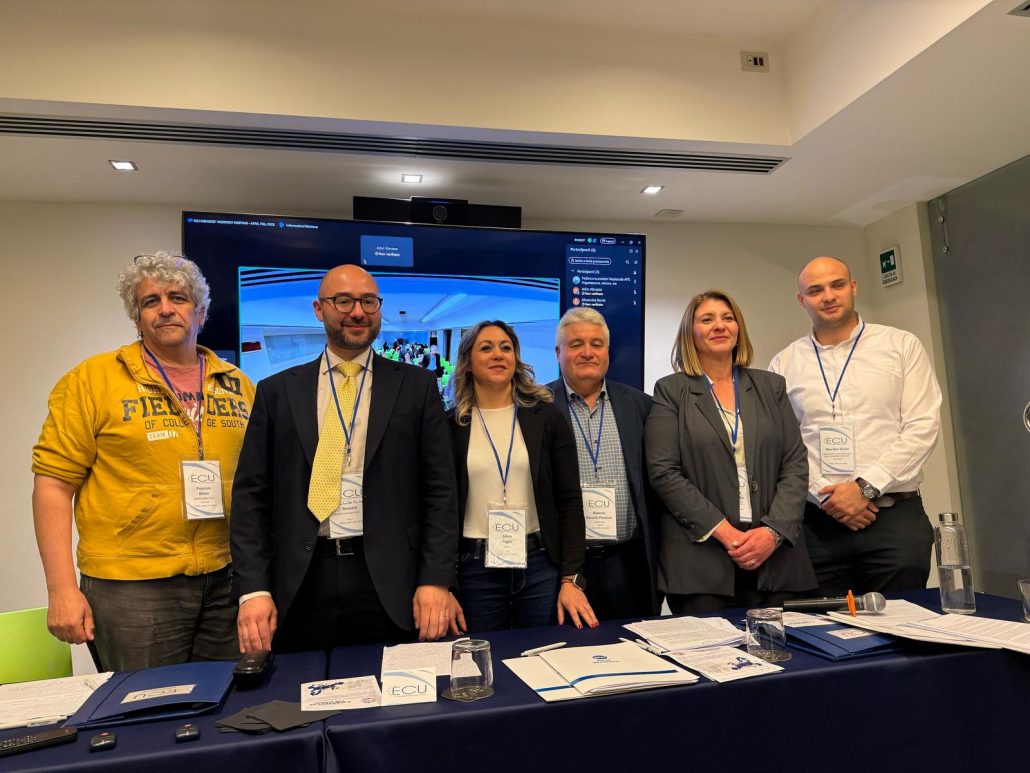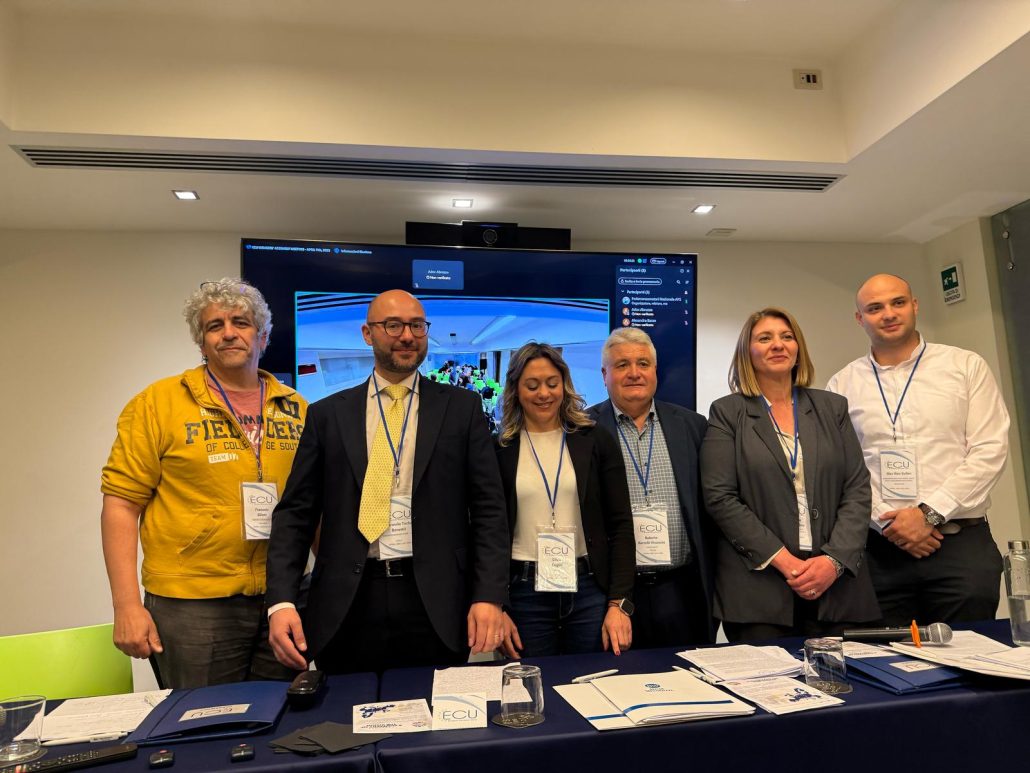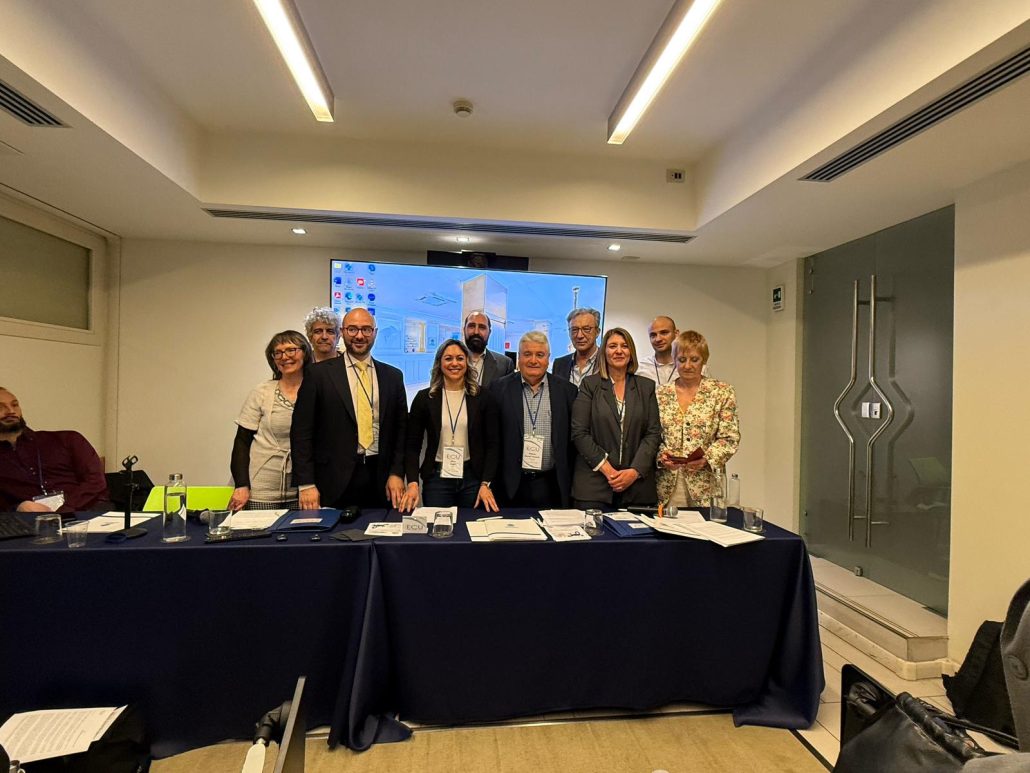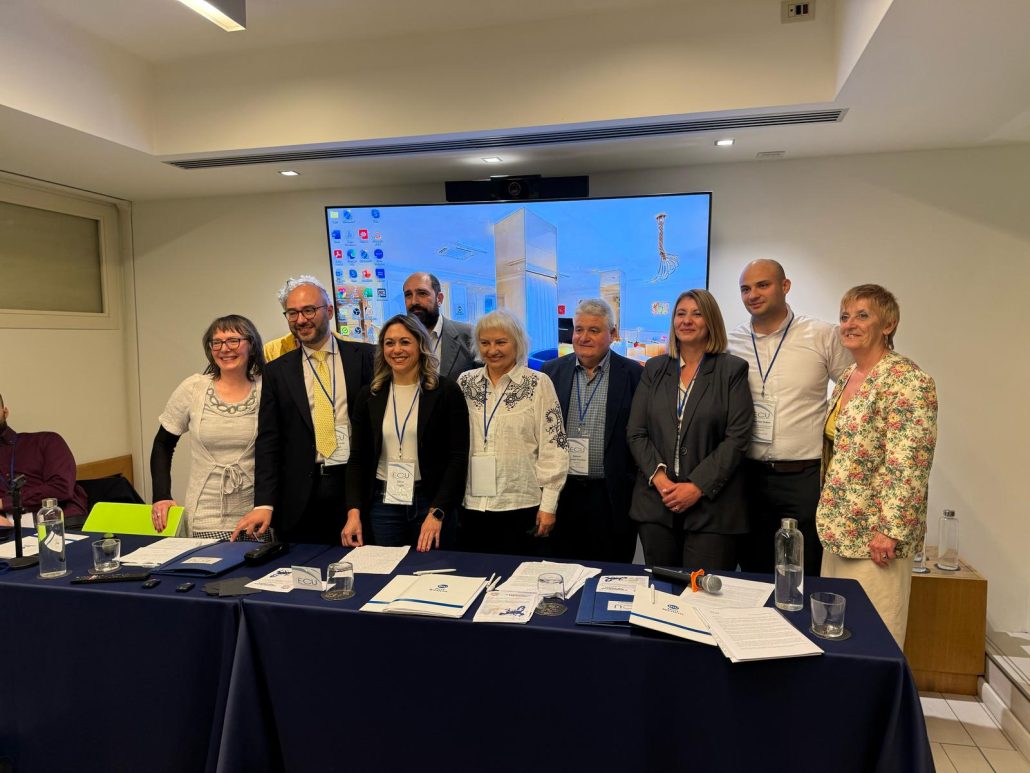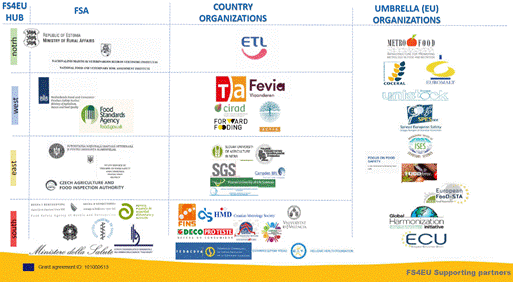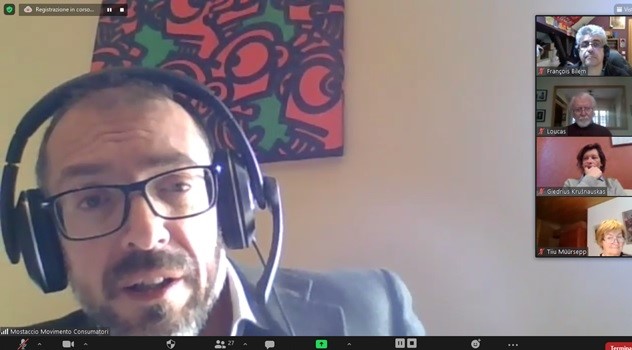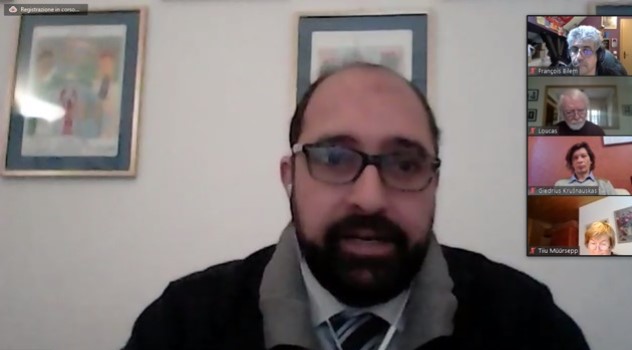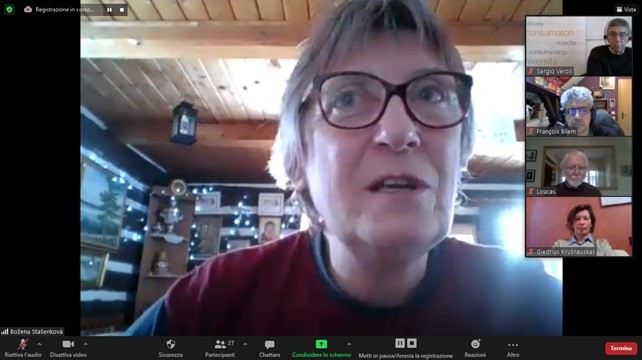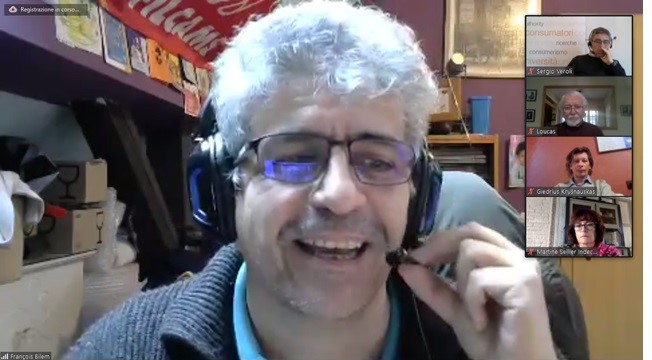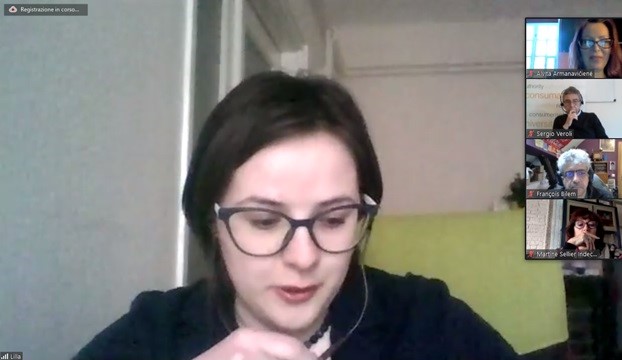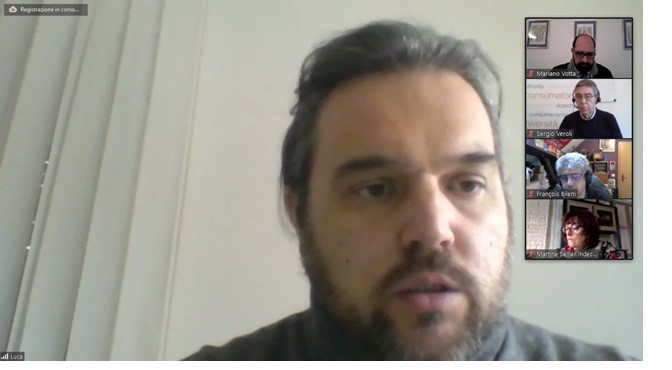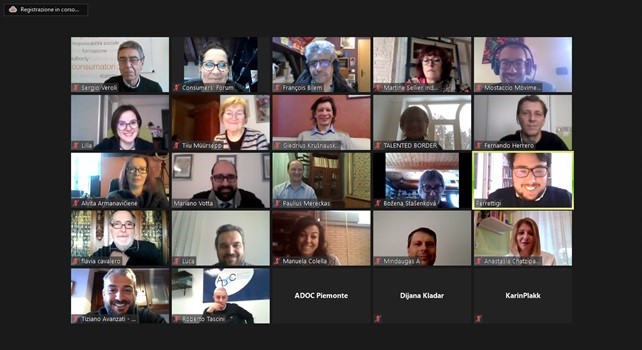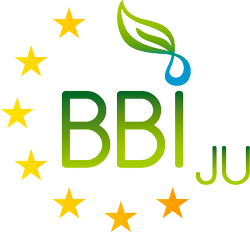Sustainable Development Goals: the Inter-Institutional Group promoted by civic organizations for an inclusive and sustainable Europe is born. Today the launch event!
Civil society organizations, together with European Institutions to contribute to the achievement of the Sustainable Development Goals (SDGs): this is the main message of the new political initiative that will be launched at the European level, tomorrow, the 16th February, in the occasion of the conference “Making sustainability an easy choice for EU citizens”.
Promoted by Cittadinanzattiva – through its European branch Active Citizenship Network (ACN) – by the European Consumers Union association (ECU) and by the Italian Alliance for Sustainable Development (ASviS), the Inter-Institutional Group “SDG’s for well-being and consumers’ protection” is currently supported by eight Members of the European Parliament (MEPs) from different countries and political groups: Nikos Androulakis (Greece – S&D); Tanja Fajon (Slovenia – S&D); Jose Gusmão (Portugal – GUE/NGL); Aldo Patriciello (Italy – EPP); Sabrina Pignedoli (Italy – NI); Giuliano Pisapia (Italy – S&D); Marcos Ros Sempere (Spain – S&D); Patrizia Toia (Italy – S&D).
Representatives of the European Commission and the European Economic and Social Committee will also participate in the conference, underlining the interest in the initiative.
The Inter-Institutional Group was born from the desire of civil society to contribute to the SDGs and the Green New Deal, convinced that the empowerment of citizens and consumers should be the pillar of the transition towards a more inclusive and sustainable Europe. In concrete terms, it intends to provide its contribution by aiming to be a catalyst for sensitivities that come from civil society, companies, research, media, etc. On a national and European level: it is a facilitator in the dialogue between European institutions and stakeholders active in specific sectors; an incubator of good practices, to facilitate the process of exchange, conveying and dissemination of the best practices that prove as useful in guiding EU companies and citizens towards making sustainable choices.
The initiative is also supported by 47 national and European associations – representing 24 European nations, and 2 non-EU nations – united in the “SDGs Stakeholder Network.”
“This initiative is for us a concrete example of the thematic Citizens’ Agora encouraged by the Resolution of the European Parliament of 15 January 2020. Our intention is that this Inter-Institutional Group, as expressly indicated in the founding Manifest, is open to all members of EU institutions interested in collaborating with citizens and their organizations to make Europe a global point of reference in the implementation of the Sustainable Development Goals. Furthermore, we would like this Group to support public and private actors, involved in the implementation of consumer policies, so that they can contribute to the achievement of the SDGs. The sponsoring associations began working on the initiative well before the European elections of May 2019, with the desire to help guide consumer policies, and with this, the varied consumerist movement, to achieve the goals set by the 2030 Agenda,” as Anna Lisa Mandorino, deputy general secretary of Cittadinanzattiva, stated.
“The demand for public and private choices in favor of sustainable development has never been stronger; the crisis made clear the profound interactions between the environmental, social, economic and institutional dimensions of our world, that is to say, the four pillars of the 2030 Agenda. The European Union has shown the way forward and the Member States must be protagonists of this transformation to reap its benefits. Europe in 2030 can be much better off than what we had a year ago. Vision, courage, innovation, persistence and participation are essential to achieve a more sustainable Europe and the wealth of knowledge and civic commitment of the member organizations of the interinstitutional group are available to European institutions to make the best possible choices, “leaving no one behind”, commented ASviS President Pierluigi Stefanini.
“2020 was probably the worst year humanity has known since the end of the Second World War, but the green turning point announced by Ursula von der Leyen represents a fundamental choice for the EU. This new policy, however, will require the joint action of the state, public sectors, consumer associations, trade unions and citizens. It will demand what a sociologist has called a “concertation governance.” It will have to face not only lobbies and corporatism but also apathy and indifference. It will have to call for an “awakening” of the citizen that should take place with the awareness of the vital problems at stake. For these reasons, we have chosen to organize this initiative, and the ECU shall dedicate its commitment and resources to determine shared choices with companies, and with representatives of institutions, in favor of the sustainable development of society” stated Sergio Veroli, President of ECU.
The manifesto of the Inter-Institutional Group and more information on the initiative are available on the website: http://interestgroupsdgs.eu
Cittadinanzattiva APS – Press Office
Alessandro Cossu: (+39) 348 334 7608
Aurora Avenoso: (+39) 348 334 7603
stampa@cittadinanzattiva.it
